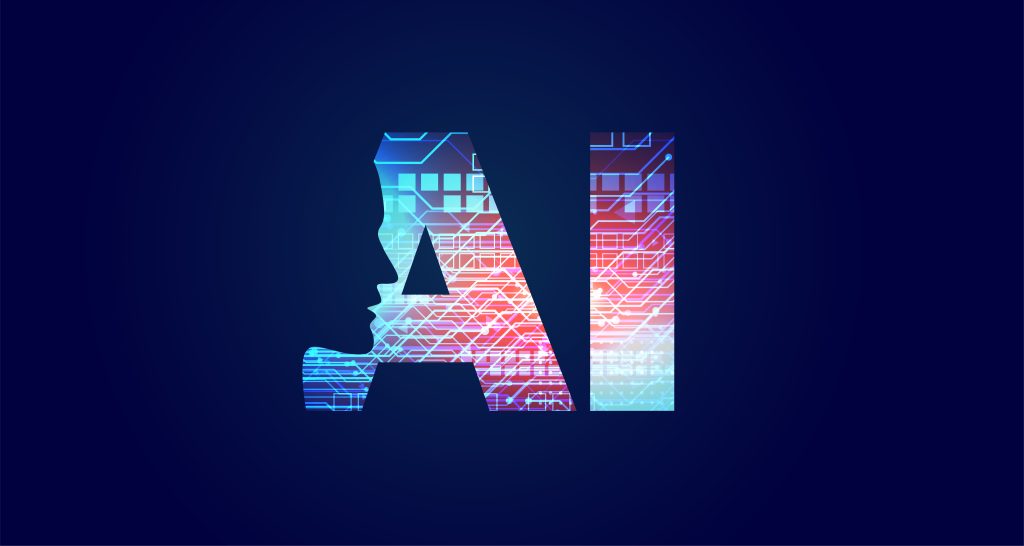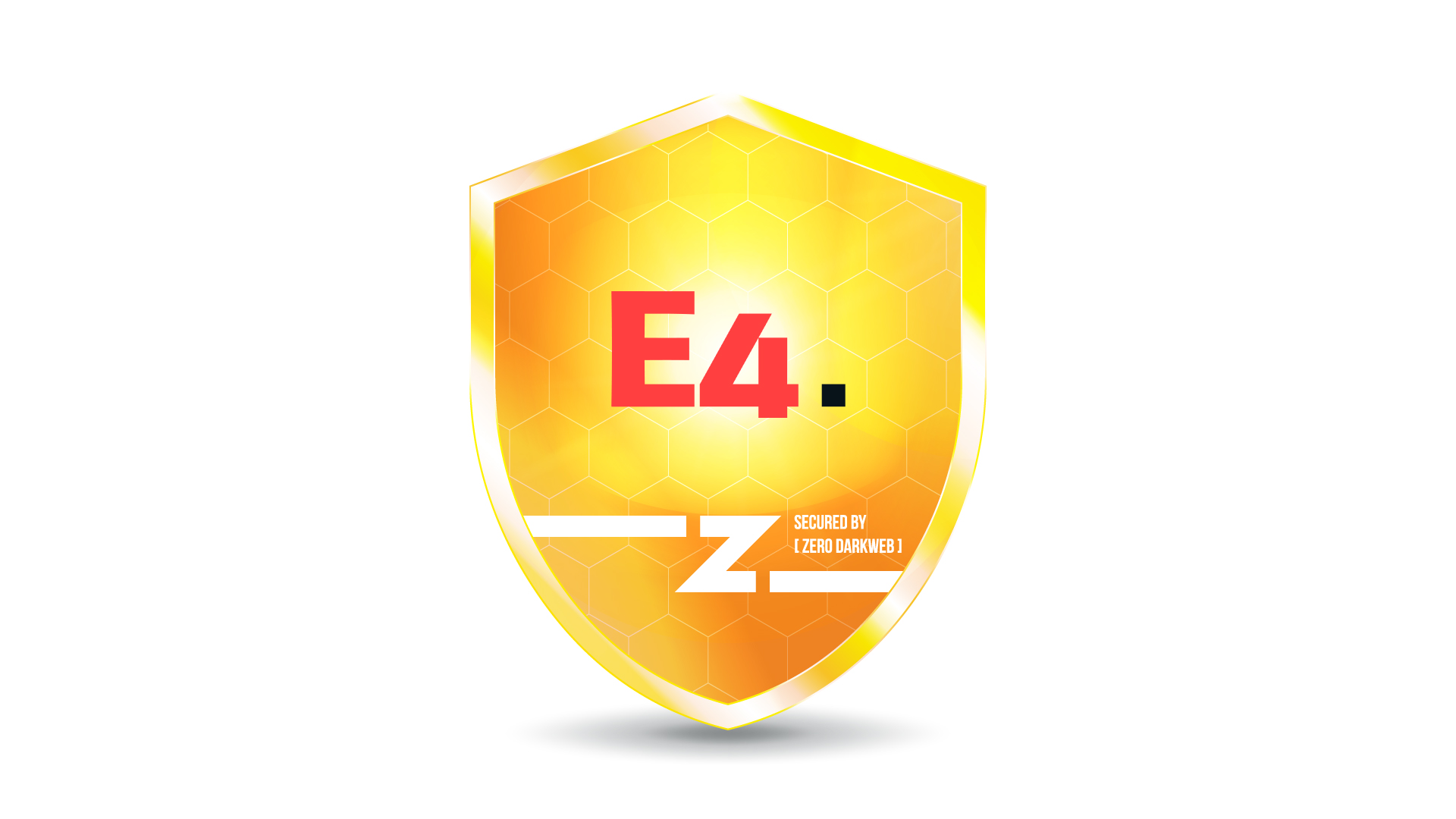
The question about how organizations can use AI isn’t a new one. The stakes and urgency of finding answers have skyrocketed with the new release of ChatGPT, and other generative AI tools. People are wondering how can we use Ai tools to boost performance? Can we trust AI to make consequential decisions? Will AI take away my job? To help you better identify how you and your company should be thinking about these issues, let’s take a look at some questions about AI.
1. How should I prepare to introduce AI at my organization?
To start, it’s important to recognize that the optimal way to work with AI is different from the way we’ve worked with other new technologies. In the past, most new tools simply enabled us to perform tasks more efficiently. AI is different. It has a more substantial influence on our work and our processes because it’s able to find patterns that we can’t see and then use them to provide insights and analysis, predictions, suggestions, and even full drafts all on its own. To effectively collaborate with AI at your organization, focus on three things:
First, ensure that everyone has a basic understanding of how digital systems work. A digital mindset is a collection of attitudes and behaviors that help you to see new possibilities using data, technology, algorithms, and AI. Everyone in your organization should be working toward at least 30% fluency in a handful of topics, such as systems’ architecture, AI, machine learning, algorithms, AI agents as teammates, cybersecurity, and data-driven experimentation.
Second, make sure your organization is prepared for continuous adaptation and change. Bringing in new AI requires employees to get used to processing new streams of data and content, analyzing them, and using their findings and outputs to develop a new perspective. To use data and technology most efficiently, organizations need an integrated organizational structure, and mentally and structurally prepared to adapt to future advancements.
Third, build AI into your operating model. The structure of an organization mirrors the architecture of the technological systems within it, and vice versa. You should think about how the introduction of AI can — and should — change your operations for the better.
2. What are the potential risks of data privacy violations with AI?
The organization should also keep tech systems updated and earmark budget resources to keep the software secure. This requires continuous action, as a small vulnerability can leave an entire organization open to breaches.
Incorporating PbD principles into your operation requires more than hiring privacy personnel or creating a privacy division. All the people in your organization need to be attuned to customer and employee concerns about these issues.
3. How can we ensure transparency in how AI makes decisions?
It is not always possible to know how AI systems are making decisions. Some of the very characteristics that allow AI to quickly process huge amounts of data and perform certain tasks more accurately or efficiently than humans can also make it a black box, but, we can’t see how the output was produced. AIs often have broad capabilities because of invisibility and inscrutability — their ability to work in the background and find patterns beyond our grasp. Currently, there is no way to peer into the inner workings of an AI tool and guarantee that the system is producing accurate or fair output. We must acknowledge that some opacity is a cost of using these powerful systems.
4. How worried should we be that AI will replace jobs?
Every technological revolution has created more jobs than it has destroyed. The novelty of AI technologies makes it easy to fear they will replace humans in the workforce. But we should instead view them as ways to augment human performance. The long-term effects on jobs are complex and uneven, and there can be periods of job destruction and displacement in certain industries or regions. Individuals and organizations should focus on upskilling and scaling to prepare to make the most of new technologies. AI and robots aren’t replacing humans anytime soon. The more likely reality is that people with digital mindsets will replace those without them.
Resources: https://hbr.org/2023/05/8-questions-about-using-ai-responsibly-answered



